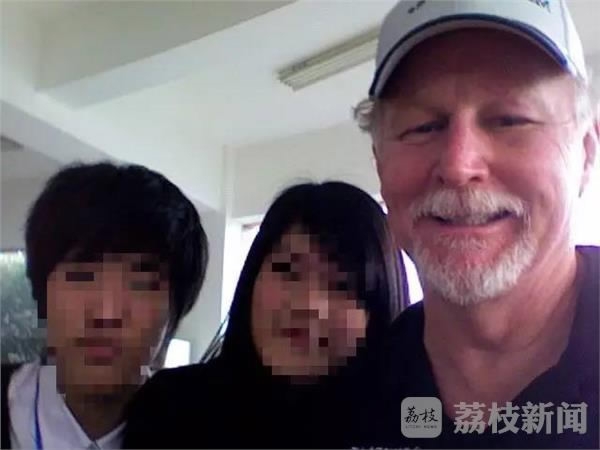
China
23:23, 25-Nov-2017
Foreign face or fantastic skills: Which matters more in China's English teaching market?
CGTN

Recent exposés about unqualified English language teachers in China have questioned a prevalent practice among parents of favoring the looks of their children's instructors over their credentials, and shed a light on how educational institutions evade clear and strict regulations to supply demand for foreign-looking mentors.
Teaching English is a lucrative business in China as the country's opening-up to the world means more people are looking to learn the "universal language" – and for expats living in the country, their complexion could be, at times, their ticket to securing a teaching job.
The fast growth of the market has prompted the Chinese government to regulate not just the schools, but also the foreign personnel they hire, issuing requirements and criteria both the teaching institutions and workers must fulfill before being considered legal. Still, shoddy businesses manage to operate under the radar, and teachers succeed in making their way into classes of eager students without possessing the right qualifications or the adequate background to do their job right.

A foreign teacher teaching students. /Photo via jstv.com
A foreign teacher teaching students. /Photo via jstv.com
A news report emerged recently about a Greek girl, identified only as Kris, who was recommended to work at an English teaching school in Beijing by a recruiting agency, despite having no prior experience in teaching languages and coming from a non English-speaking country.
“Regardless of the teaching experience and certificates, anyone with an expat face can teach English in China,” an insider told media outlet Beijing News.
Demand in China for studying English exceeds supply, worsening the situation of inept or untrained foreign teachers.
Some 400 million Chinese, over a quarter of China’s population, are believed to be learning English, spending 30 billion yuan (4.5 billion US dollars) annually, according to EF English First, a chain of English teaching centers across China. Meanwhile, only 9,000 English education institutions have the qualifications to recruit foreign teachers, according to a report released by the State Administration of Foreign Experts Affairs in 2015.

Chinese learners of English spend 30 billion yuan (4.5 billion US dollars) annually. /Photo via Sohu.com
Chinese learners of English spend 30 billion yuan (4.5 billion US dollars) annually. /Photo via Sohu.com
Lured by making profits, many agencies place applicants' appearances before their teaching qualifications.
Earlier this year, news reported by Vancouver Sun of a Canadian teaching English in China despite allegedly having a history of sexual misconduct with his teenage students shocked the nation and raised eyebrows about the quality of teachers recruited in English teaching institutions in the country.
Robert Robertson, who had been teaching at a prestigious school in Beijing for nearly seven years, apparently had his teaching credentials revoked by British Columbia's Ministry of Education for alleged inappropriate behavior with his students in Canada. The man resigned from his post at the Beijing school in the wake of the scandal.

Robert Robertson and two of his students. /Photo from jstv.com
Robert Robertson and two of his students. /Photo from jstv.com
Such cases still emerge despite actions taken by the Chinese government to regulate and supervise the English education market.
Only expats with teaching qualifications or English teaching authorizations, such as TEFL (Teaching English as a Foreign Language) certificate and TESL (Teaching English as a Second Language) certificate, are allowed to teach in China by law. They might be the best candidates for parents looking to help their kids acquire another language, no matter how they look.

SITEMAP
Copyright © 2018 CGTN. Beijing ICP prepared NO.16065310-3
Copyright © 2018 CGTN. Beijing ICP prepared NO.16065310-3